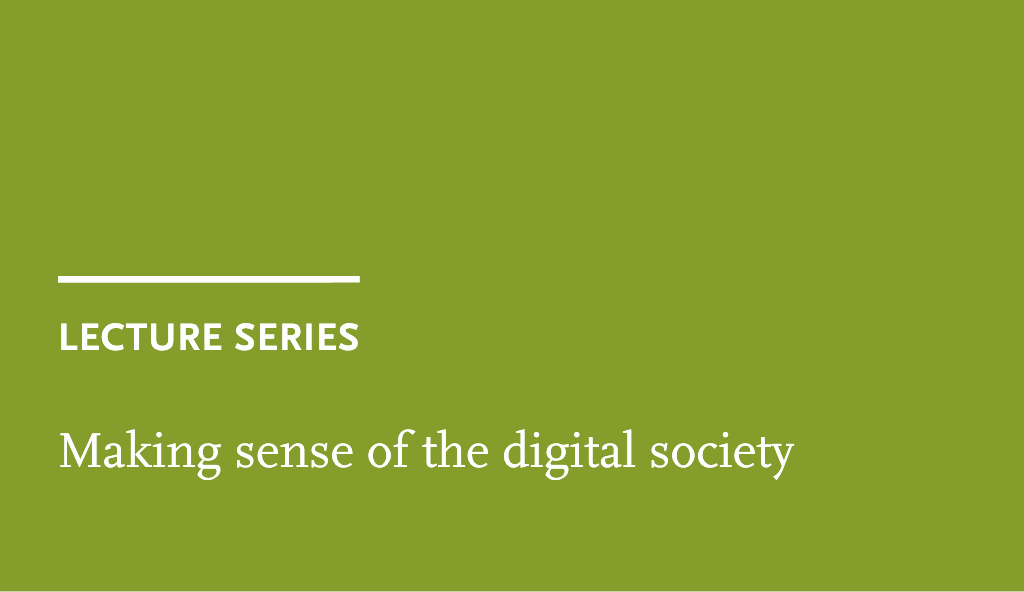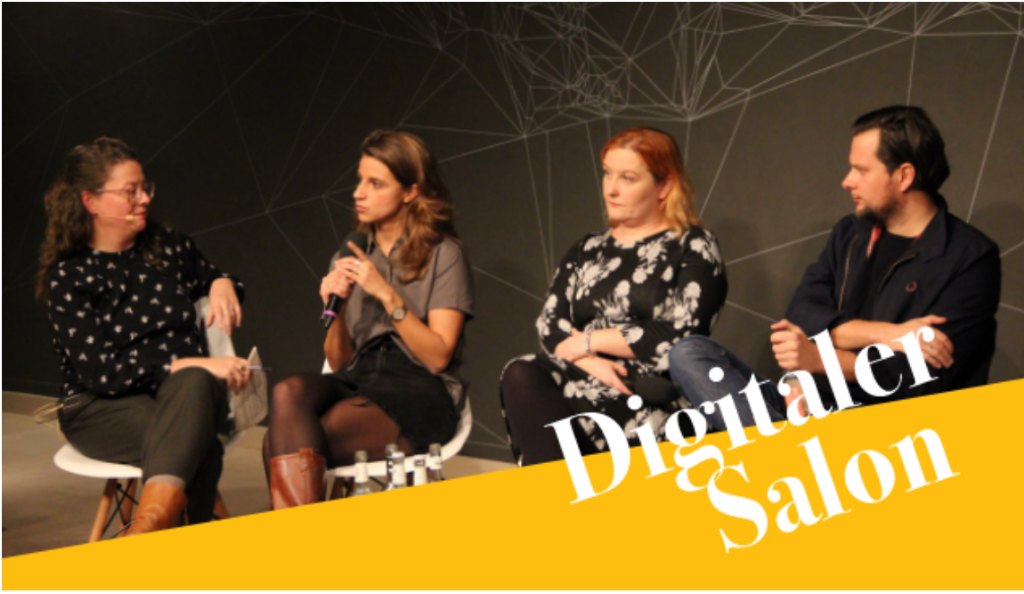
Dealing with hostility in science communication
The Alexander von Humboldt Institute for Internet and Society invites you to our Summer School. It is created for researchers from all career stages, all disciplines that engage in communication with non-academic audiences, either in broader public communication, science-policy advice, citizen science projects or else. It is held in English and will take place in the years 2024 and 2025. Our call for application for 2025 will be announced in spring. The Summer School is part of the research project “Capacities and Competencies in Dealing with Hate Speech and Hostility towards Science” (KAPAZ).
Dealing with hostility in science communication
Summer School
Communication training for researchers
23 – 24 September 2024
Alexander von Humboldt Institute for Internet and Society
As researchers, we are increasingly expected to demonstrate societal impact of our work. Going public can, in some cases, lead to unwelcome and aggressive reactions such as verbal attack, hate speech, trolling or even physical threats. Our Summer School offers you the opportunity to deepen your skills in science communication and learn how to deal with hate speech and hostility. Most importantly, you will learn how to use a variety of innovative tools and formats in order to develop your own communication strategy. As part of this, you will learn about strategies for the management and prevention of online and offline hostility and test them in real-life scenarios.
Central agenda points
- Understanding Science Hostility: An overview over the main concept and status quo in Germany
- Developing your SciComm strategy: A session to design a tailored research communication strategy
- Thriving in uncertainty: Strategies to deal with hate speech and hostility
- Experiencing hostility through the digital simulator Conducttr
- Finding support in cases of attacks: The SciComm support
- Sharing individual experiences: Q&A sessions with researchers that experienced hostility
(A detailed agenda will be sent out to participants before the training.)
About
This summer school is part of the multidisciplinary project KAPAZ, where we provide research on the spread and implication of science hostility in Germany. We also provide training for research institutions together with a group of professional science communicators and public engagement experts. The Summer School is led by the Alexander Humboldt Institute for Internet and Society (HIIG) and the Berlin School of Public Engagement (BSOPE), part of the Public Engagement and Impact Unit at the Museum für Naturkunde Berlin.
Funded by Volkswagen Stiftung.
Partners
Alexander von Humboldt Institute for Internet and Society (HIIG) – Network coordinator
Berlin School of Public Engagement and Open Science (BSOPE) at the Museum für Naturkunde in Berlin (MfN)
Bundesverband Hochschulkommunikation (BV_HKOM)
German Centre for Higher Education Research and Science Studies (DZHW)
Leibniz-Institute for Media Research │ Hans-Bredow-Institut (HBI)
Wissenschaft im Dialog (WiD)
Participation
The call for application for the Summer School in 2024 is currently closed. If you would like to be informed about the next one, please, contact the project coordinator nataliia.sokolovska@hiig.de.
If you have any questions or comments, please reach out to nataliia.sokolovska@hiig.de as well.
DIGITAL SOCIETY LECTURES
This high-profile lecture series thrives to develop a European perspective on the processes of transformation that our societies are currently undergoing.
DIGITALER SALON
Once a month we publicly discuss the impact of digitalisation on the society. Therefore we invite special guests and engage in a dialogue with the audience.
NEWSLETTER
Be the first to learn about our new events and exciting research results.

